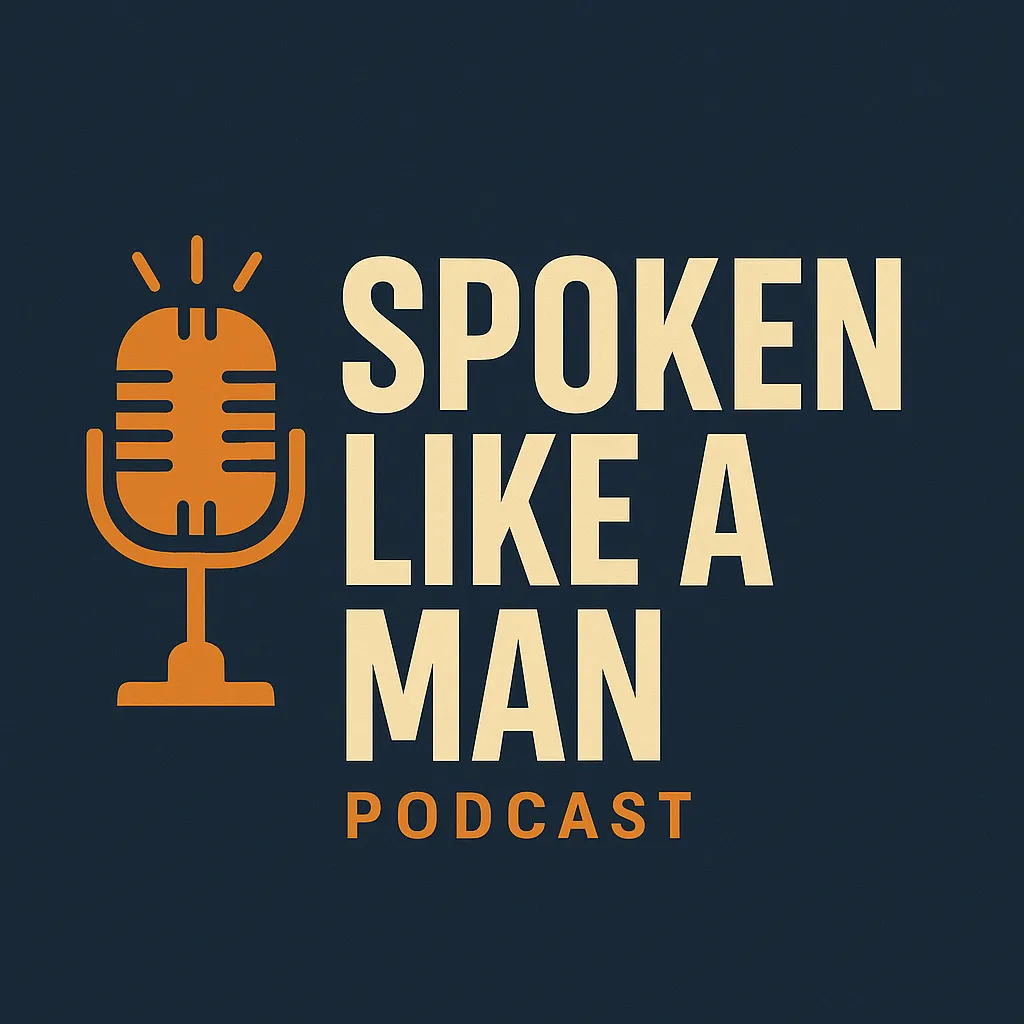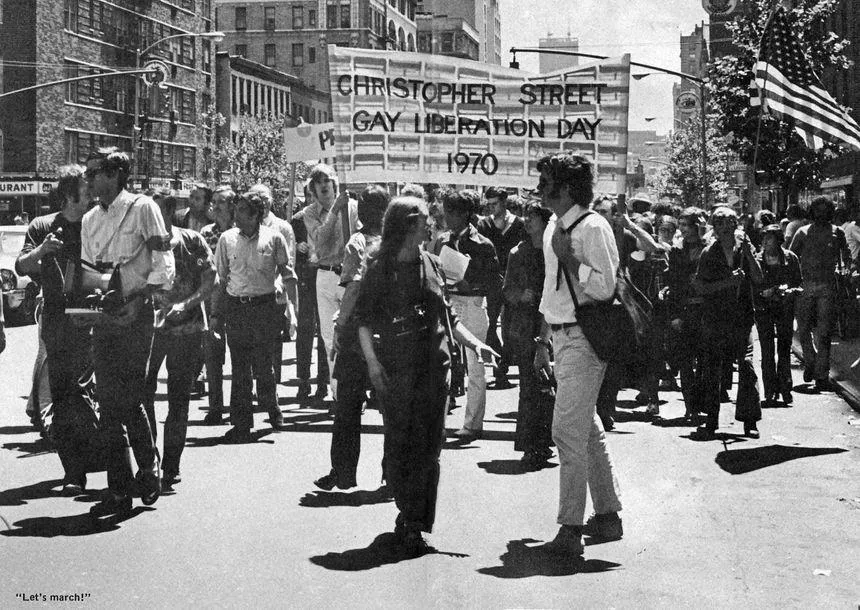
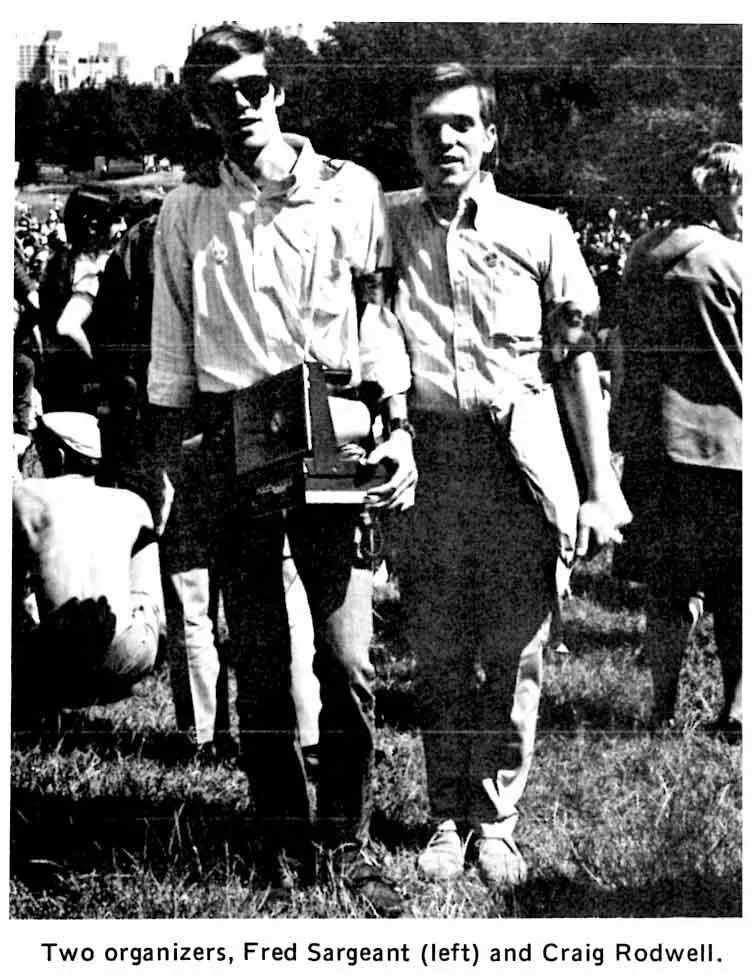
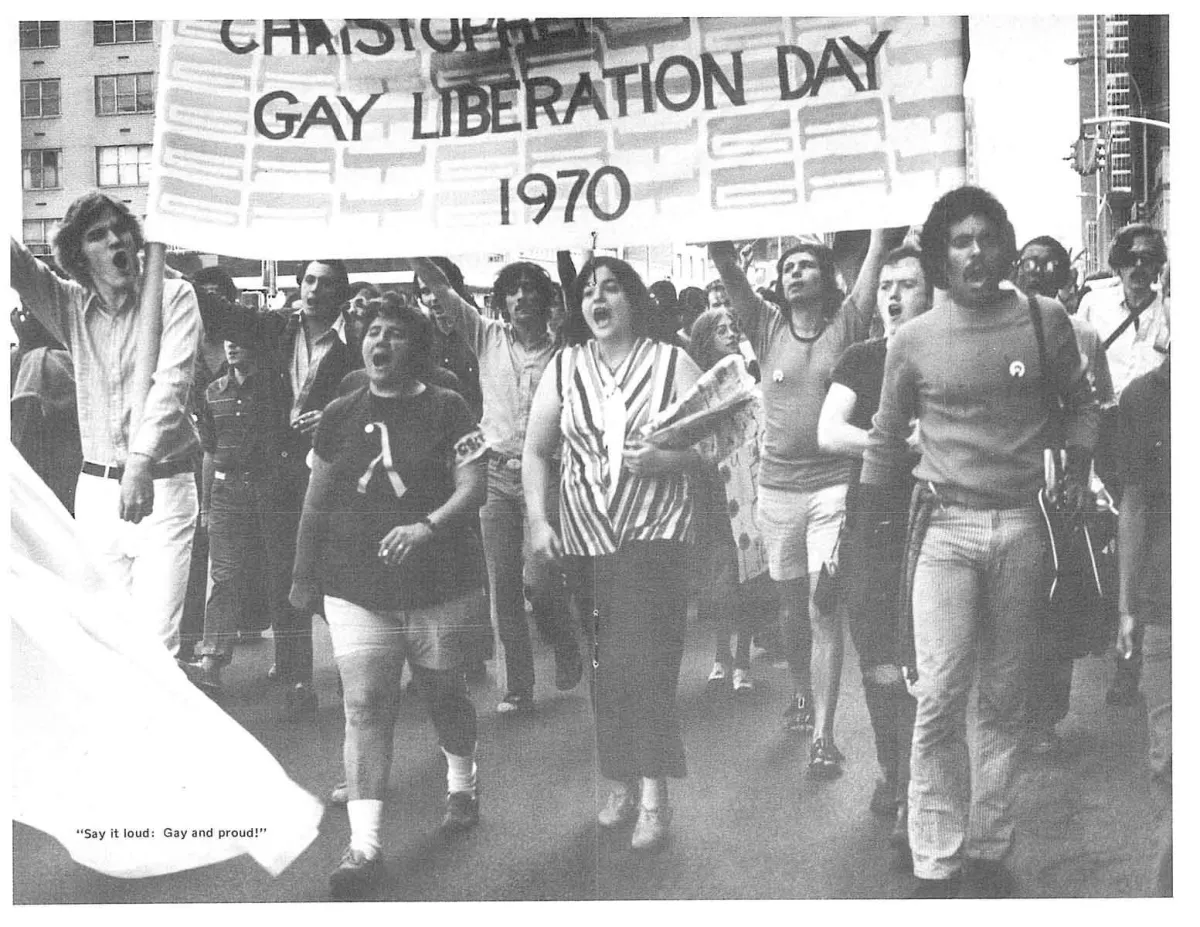
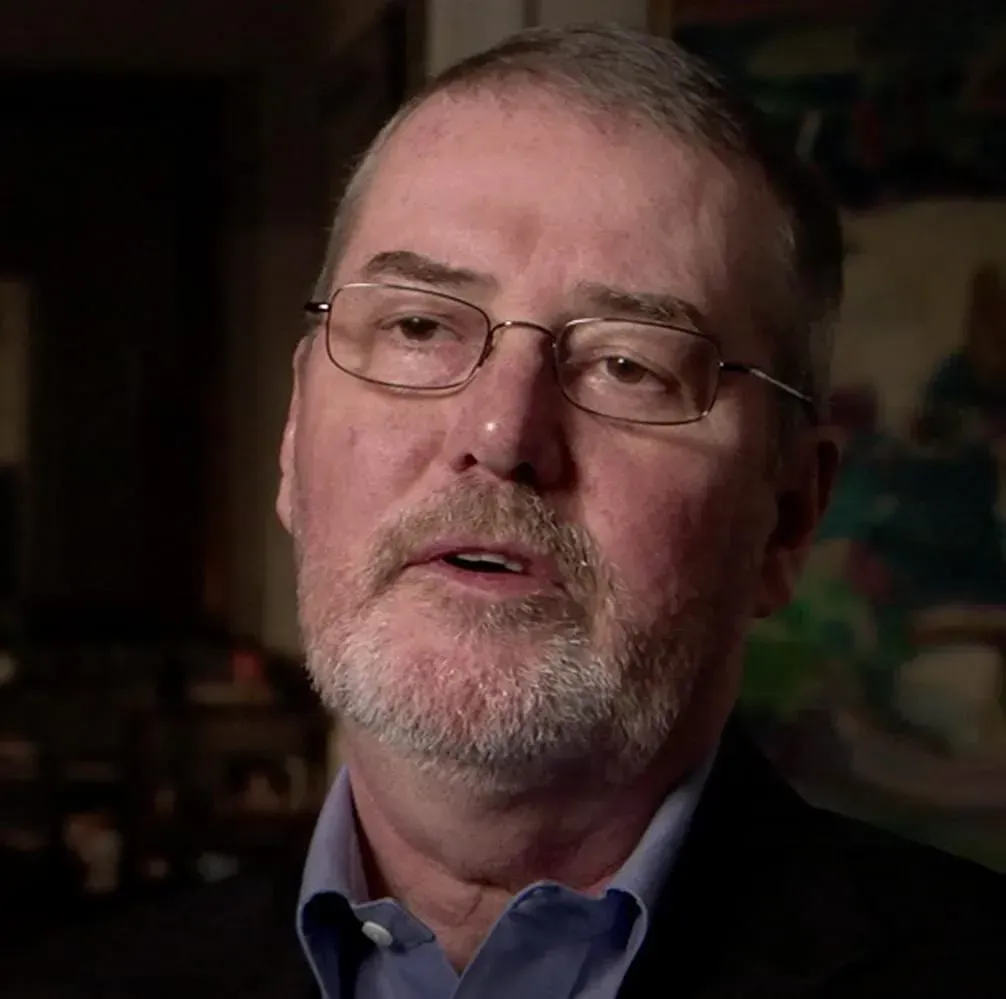
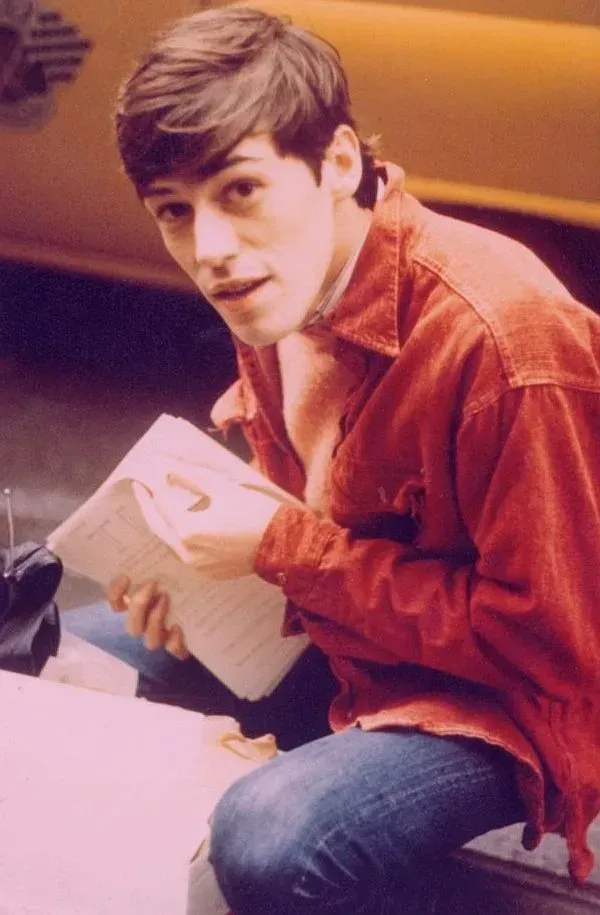
Identity: Biological male
Orientation: Gay man
Known for: Co-organizer of the first Pride march (1970), witness to Stonewall, and modern-day critic of gender ideology and the direction of contemporary LGBTQ+ activism
Early Life and Background
Fred Sargeant was born in 1948. In the late 1960s, while in his late teens and early twenties, he became involved in gay rights activism in New York City.
He was the boyfriend and partner of Craig Rodwell, founder of the Oscar Wilde Memorial Bookshop. Together, they played a pivotal role in the organization of the first Pride march.
At the time of the Stonewall riots in June 1969, Sargeant was working as a manager at the bookstore. He was not inside the Stonewall Inn when the riot began but arrived shortly afterward and was present during the second night of protests.
Co-Founder of the First Pride March
In 1970, Sargeant, Rodwell, Ellen Broidy, and Linda Rhodes formed the Christopher Street Liberation Day Committee.
This group organized the first Pride march on June 28, 1970 — one year after the Stonewall Uprising.
Sargeant wrote and distributed flyers to promote the march, calling for an end to oppression and a push for public acceptance of gay and lesbian people.
Activism Style and Beliefs
Sargeant aligned closely with Rodwell’s view that gay rights should be pursued through:
Public protest
Legislative change
Rational appeals to equality
Fred Sargeant and other early Pride organizers intentionally avoided drag, kink culture, and flamboyant displays during the first demonstrations, including Christopher Street Liberation Day. They believed such choices would undermine the movement’s credibility and distract from its core demand: civil rights and mainstream acceptance for gay and lesbian individuals.
This philosophy was part of a broader strategy known as “respectability politics.” At events like the Annual Reminder pickets (1965–1969) and the original 1970 Pride march, participants were instructed to wear conservative attire—suits for men, dresses or skirts for women—to present themselves as professional, law-abiding, and deserving of equal rights
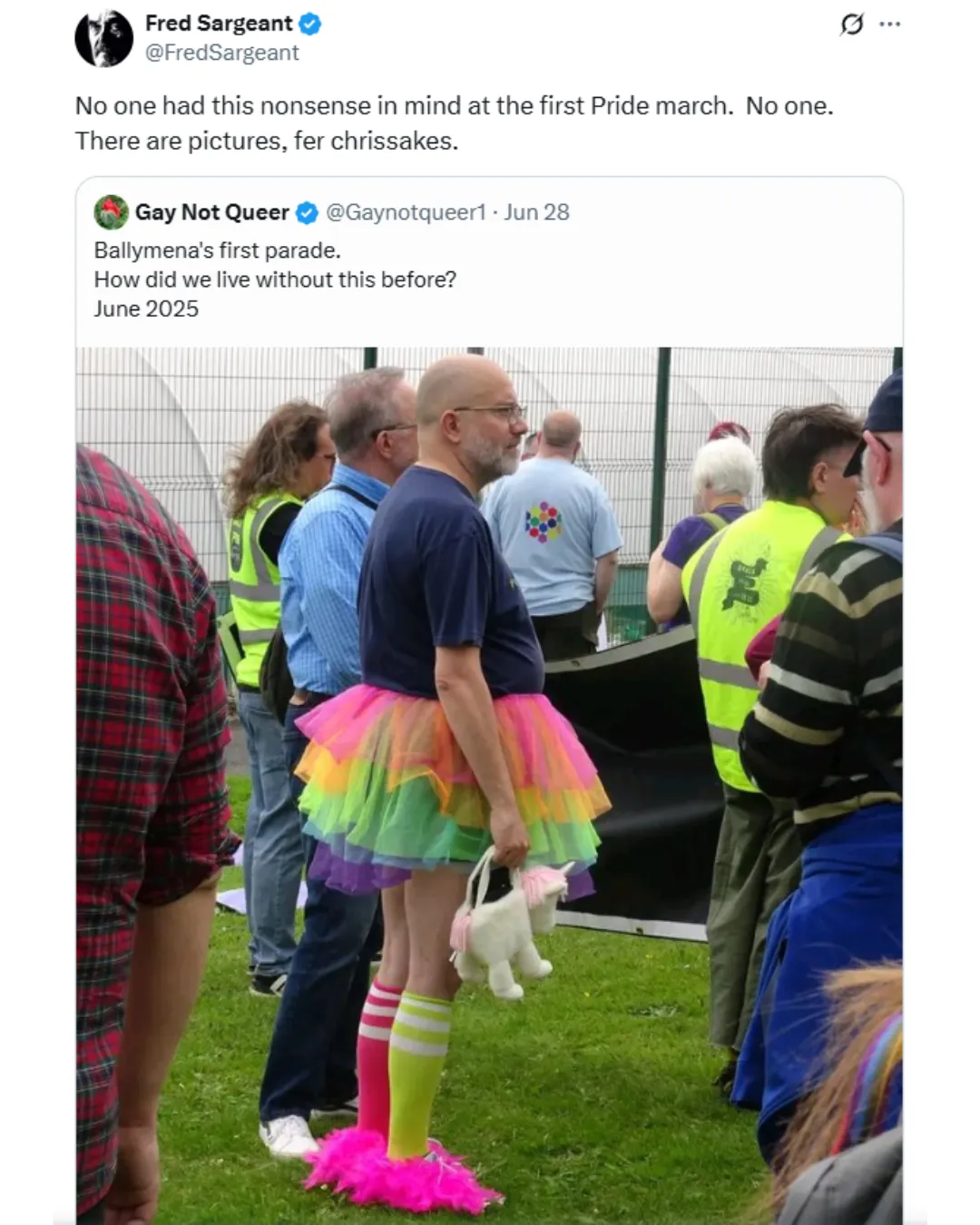
Modern Opposition to Today’s Pride
Today, Fred Sargeant is one of the most outspoken critics of modern Pride parades. He has published multiple op-eds and public statements warning that the Pride movement has been:
Hijacked by gender ideology
Saturated with fetish, drag, and anti-family messaging
Divorced from its original civil rights roots
He is frequently attacked online by activists who call him transphobic, despite the fact that he helped start the movement they claim to represent.
In 2022, Sargeant was physically assaulted at a Pride event in Vermont for holding a sign that said:
“Gay, not queer. Keep Pride honest.”
Why Fred Sargeant Matters
He was a firsthand witness to Stonewall and helped create Pride.
He stands as living proof that the movement’s roots were about equal rights for homosexuals, not gender fluidity or trans activism.
His views today directly contradict the current narrative that Pride was built on drag and trans identity.
Works Cited
National Review. “Elderly Gay Activist Assaulted by Trans Protesters at Vermont Pride Parade.” National Review, September 2022.
Documents Fred Sargeant’s assault at the Burlington Pride event while holding a sign reading “Gay Not Queer” and “No Blackface / No Womanface.” Firsthand reporting and images of the incident.
Link
OutHistory. “One Year After the Stonewall Riots: Fred Sargeant Remembers.” OutHistory.org, updated 2023.
First-person reflection by Sargeant describing the origins of Christopher Street Liberation Day and how the first Pride march was organized.
Link
VTDigger. “Vermont LGBTQ+ Groups Contend With Anti-Trans Protesters.” VTDigger, October 7, 2022.
Verifies the 2022 Pride incident and includes Sargeant’s response and public criticism of modern Pride’s shift toward gender ideology.
Link
History.com. “How Activists Organized the First Gay Pride Parades.” History Channel, June 8, 2015.
Covers the 1969 ERCHO resolution by Rodwell, Sargeant, Broidy, and Rhodes that led to the first Pride march on June 28, 1970.
Link
NYC LGBT Historic Sites Project. “Christopher Street Liberation Day March, June 28, 1970.”
Describes the serious and civil-rights-centered nature of the first Pride march and confirms Sargeant’s role in its organization.
Link
